Ungoverned Spaces
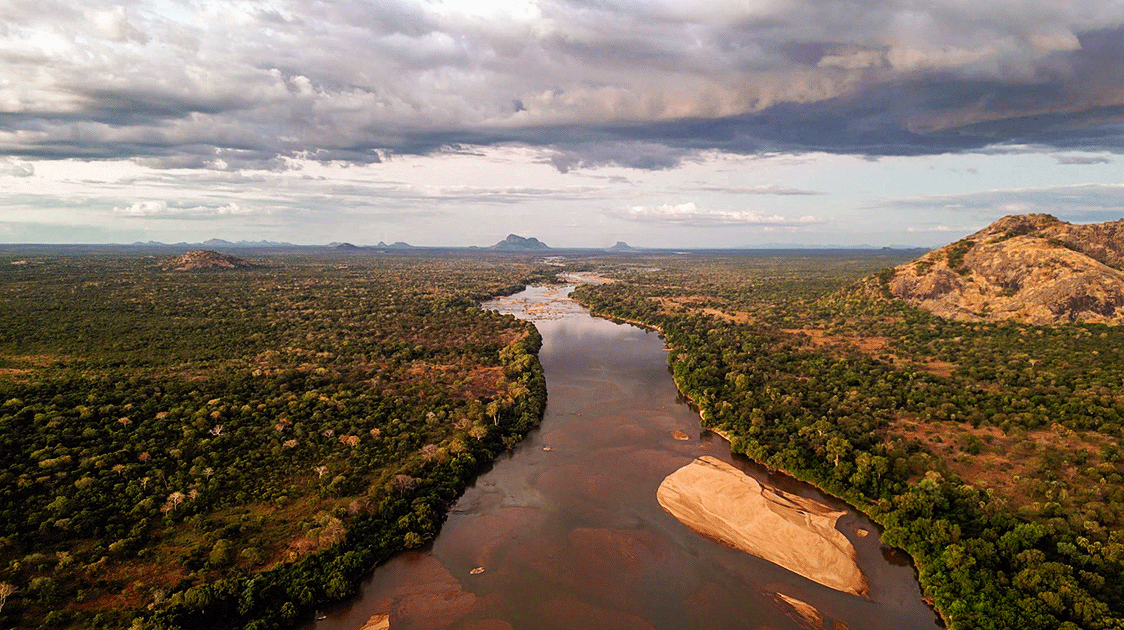
By Prof. Brian Child
As conservationists, we rush with great passion in new crusades to ‘save’ the next in a long line of threatened species or ecosystems.
We lay the blame for environmental destruction at the foot of human greed, population growth, trade, or poaching and see its salvation in our good intentions, often raising more money to do more of the same.
But what we rarely do is sit back, think slowly, and ask the big question: What is going on when we are wiping out things that are so obviously important?
If we change our assumptions about the causes of environmental decline, fixing them will be more likely. Wild resources are, to all intents and purposes, ungoverned and over-exploited.
The rules established in 1900 are no longer working. The crowded planet of the 21st century deserves new economic rules.
We are living in a lowest common denominator wildlife economy in which wild resources are vastly overexploited, but this exploitation is so inefficient that it does little to counter poverty.
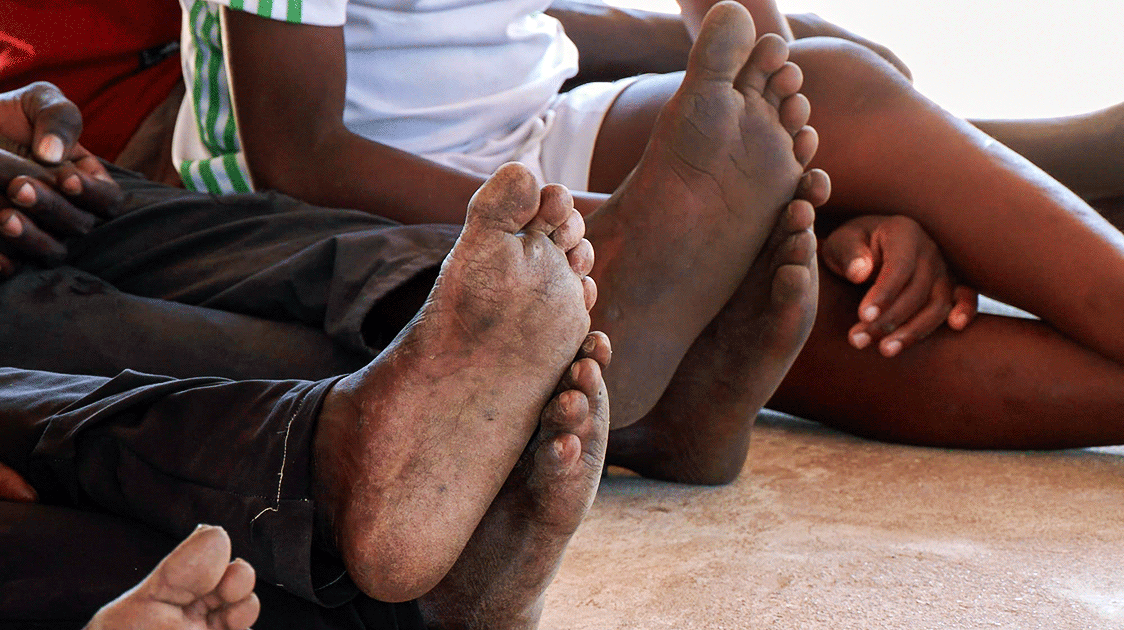
The poor live in ungoverned spaces with few rights to protect their resources, which are prone to elite predation.
The rich benefit from resources they can extract from these ungoverned spaces. So, what is the incentive to change?
Institutions are highly path-dependent, and institutional reform is rare, difficult, and sometimes slow. One such critical juncture was the Glorious Revolution in England and the global prosperity that emerged from it.
Another, which is closer to our cause, is the transformation of the wildlife sector in southern Africa on both private and communal land.
Within these two examples, I suggest, lie the technical concepts and guidelines for the global transformation that we need. But providing the technical solutions is easy.
Changing the system is not. How likely is it that the technobureaucratic elite will let uneducated local people preside over the fate of forests and fisheries, wildlife, and wilderness?
Yet, unless the local communities that live with wildlife see it as an essential part of their livelihoods, they will continue to acquire and raise domestic plants and animals because these are the only resources they can legally own.
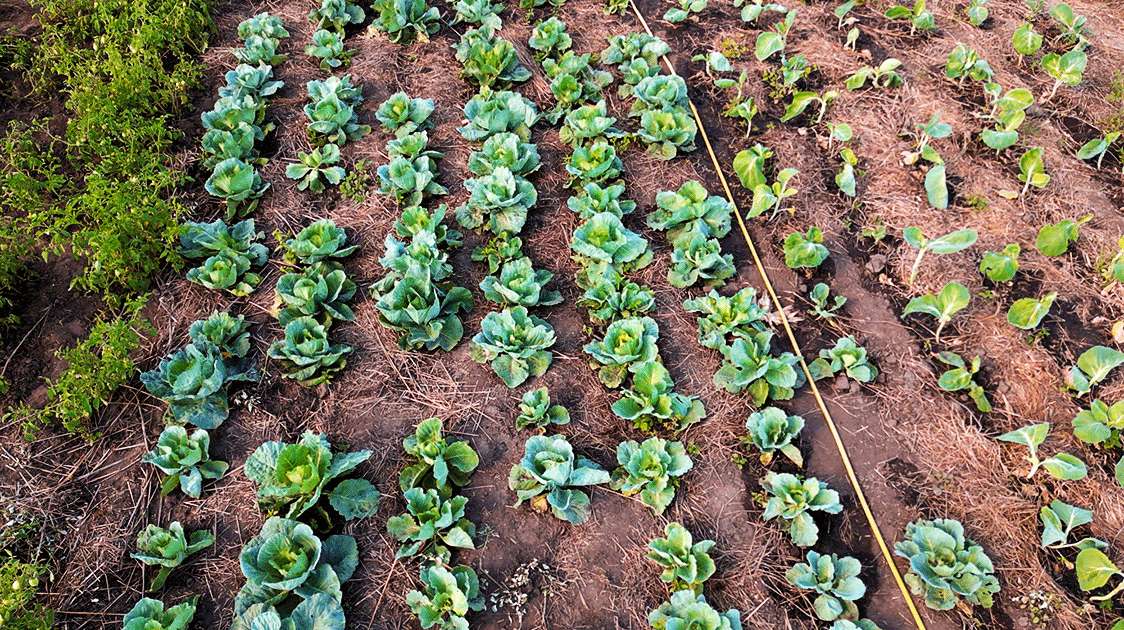
Ungoverned spaces are locked in a negative sum economy that over-utilizes the environment, while under-delivering economically, in a way that is so inefficient that it is quite possible to achieve greater levels of economic development from lower levels of environmental use.
The cause of this inefficiency is institutional failure.
The ‘sustainable governance approach’ is about ‘getting the economics right’ by getting the institutions right – returning the proprietorship of land and wildlife to landholders and communities and removing barriers to exchange and trade.
Community-Based Natural Resource Management (CBNRM) is the subset of this approach concerned with ‘getting the governance right’ within the community.
Undoing so much negative history and experience is challenging, and CBNRM will require tenacity and considerable recapitalization of land, resources, communities, and institutions.
However, when done properly, the results can be rapid and remarkable.
(Prof Brian Child is an associate professor in the Department of Geography and Center for African Studies at the University of Florida and the Life Through Wildlife Project director. His book, “Sustainable Governance of Wildlife and Community-Based Natural Resource Management”, is available on Amazon.)

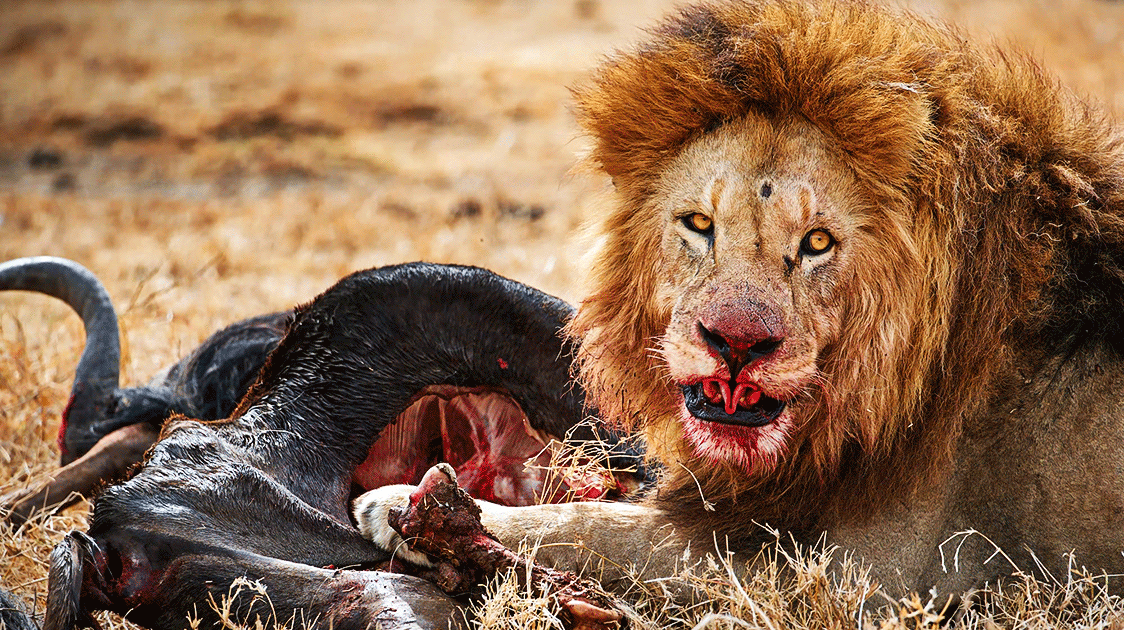
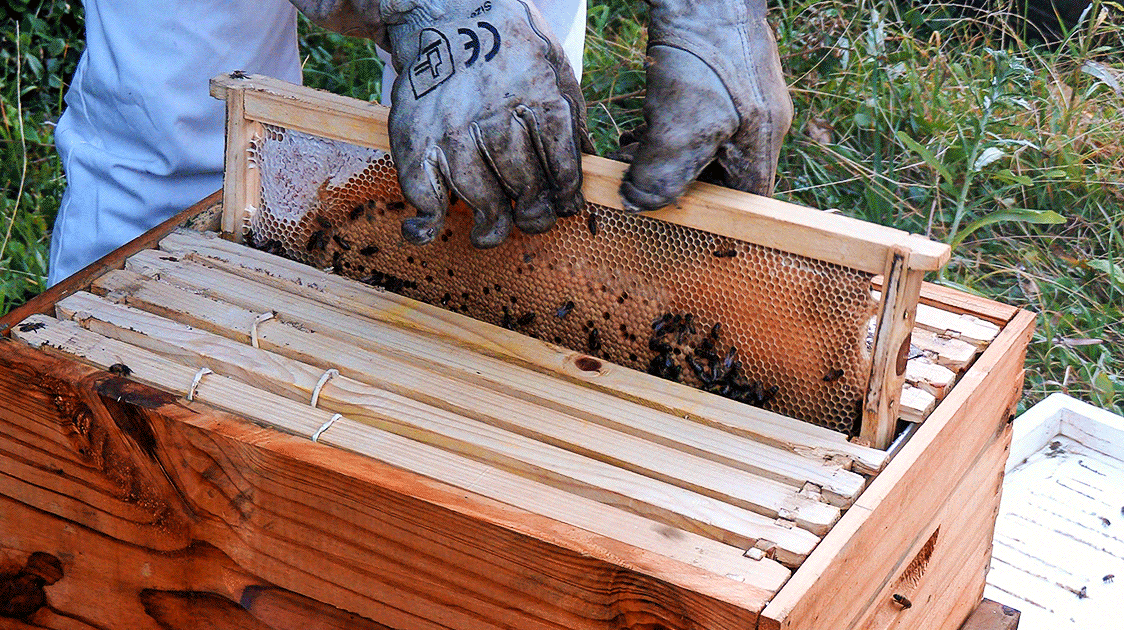

Comments ()